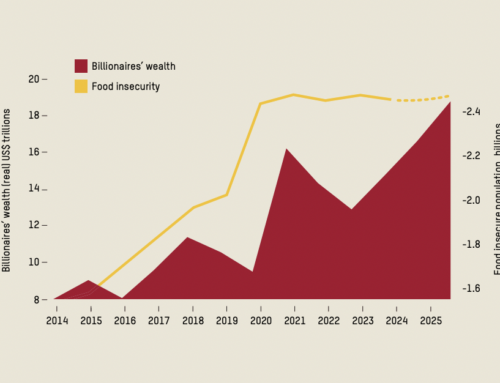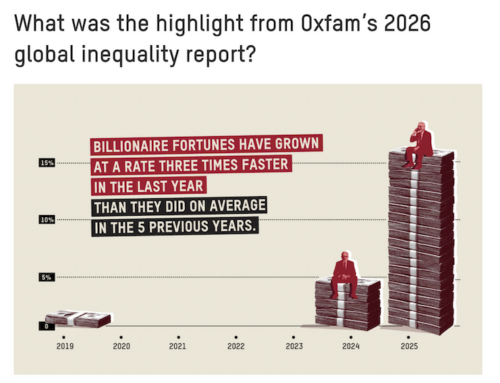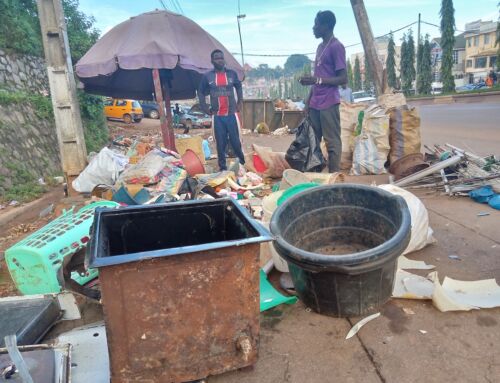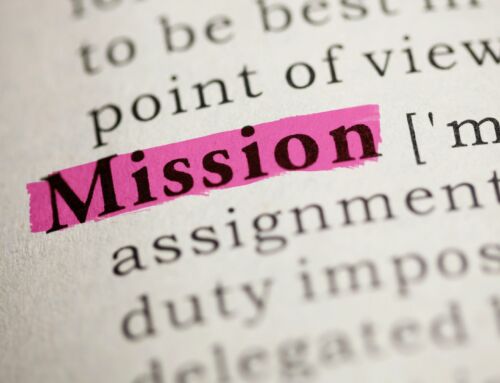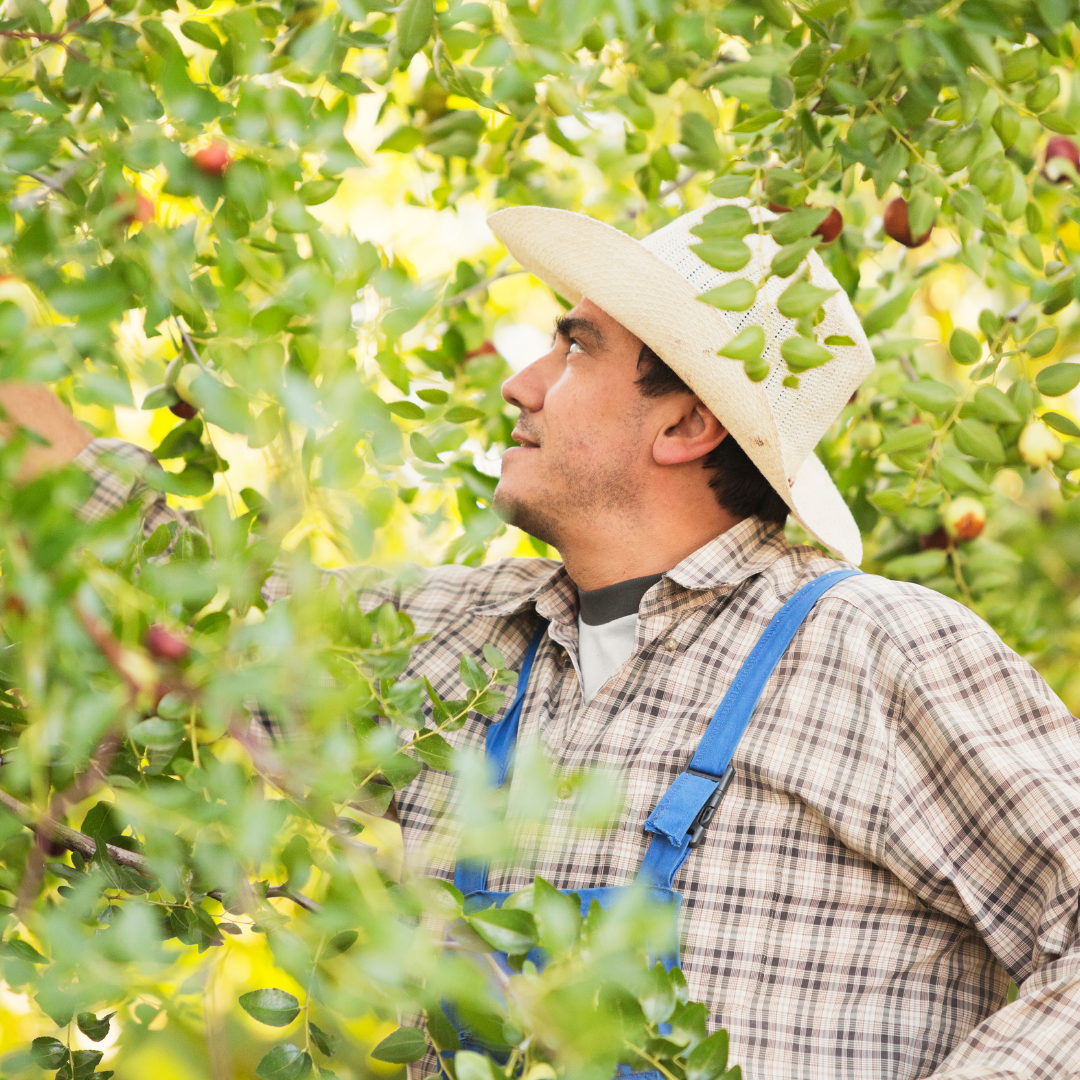
Changing the system is possible: why not start from the first economic sector?
By: Chiara Subrizi
The vast agri-food chain is the leading economic sector in Italy in terms of revenues. But it is based on a system of exploitation that is unsustainable for humans and the environment. How can we reverse this trend, moving from good practices to a real transformation of the system? This is the second of two episodes, in which the author addresses the topic. In case you missed the first one, check it out here.
From diagnosis … to treatment …
When faced with structural problems such as those described, direct action must be taken on the root causes to change the system. Such radical change requires two elements:
- changing economic system;
- changing the culture, in this case, of us consumers.
In fact, there can be no effective change in the economic system if the community’s culture is not ready to embrace change.
On the side of consumer awareness, things have been moving for some time. In fact, in the distribution sector, there are now many eco-friendly options for food consumption. At times, this also includes the rights of workers and small producers such as the sustainable online shopping of Gioosto and the Consumer Brand experience.
However, there is a need to move from the one-time best practices to a system change that involves all the stakeholders in the agri-food chain, from the farmer to the end consumer: a «new alliance» based on two paradigms dear to Pope Francis, namely, integral ecology and cooperation among stakeholders.
Such change is possible if we act on two levels.
On the one hand, the national and international policy, for example, by ceasing to provide European funding to those who do not meet high standards of social and environmental sustainability, and by establishing a descriptive label that has a breakdown of the price in percentage terms so that everyone will know how much money goes to which stakeholder in the supply chain.
On the other hand, by acting directly on the supply chain, not only by facilitating and promoting the culture of the short-term supply chain, when possible, in order to remove the influence of intermediaries; but above all, by making it sustainable for all participants in the chain. This can be achieved by overcoming the networks that are usually created between producers or consumers only, and by creating a network among all stakeholders in the supply chain in order to protect the weakest without causing the strongest to lose profit.
There is a need to move from the one-time best practices to a system change that involves all the stakeholders in the agri-food chain.
The hub of this «new alliance» between farmworkers, producers, distributors and consumers is a facilitator who monitors all stages of the supply chain from within, allowing producers to be paid the right price, guaranteeing workers the national contract with fair working hours and wages, and ensuring distributors a fair margin with products that are not only organic but also exploitation-free. In fact, the facilitator is involved in all phases of the production line through direct contact with the farmworkers and laborers of the processing industry. He monitors all the processes in the supply chain from within and fights all forms of illegal employment, i.e. black and gray labor.
This same person can also link external stakeholders such as institutions and the third sector, enabling them to offer, for example, decent housing accommodations, legal and health assistance to laborers as well as services to help companies upgrade their business model, besides granting the use of a trademark that ensures environmental and human rights compliance.
This project designed by our Village of Agriculture and Justice is already a reality in Italy thanks to the supply chain and association NoCap (no illegal employment) established by Yvan Sagnet who, having experienced exploitation himself, was able to transform the union protest into a proposal to change the system. After only three years, NoCap, which serves as a facilitator in the supply chain, has taken 700 workers off the hands of the illegal employment agencies and has involved 20 farms and several supermarket chains with a proposal that is environmentally, humanely and economically sustainable for all stakeholders in the supply chain, including consumers who are offered «good, clean and fair» products at market price.
The challenge now is to move from an effective project, yet still limited in its coverage, to a National Strategy for Agriculture at the national and international level, so that soon consuming good, clean and right products will not be a choice, but the norm.
¹ Insieme a Daniela Campus del Villaggio di Agricoltura e Giustizia di Economy of Francesco abbiamo approfondito il tema in una sezione del libro di Alessandra Smerilli, «Il nostro pane quotidiano. Per un’economia solidale e sostenibile», edizioni San Paolo, 2021.

CHIARA SUBRIZI
A young economist at the Office of Studies and Research on Economic and Fiscal Issues of the Italian Ministry of Economy. Her main area of interest is the evaluation of the effects of tax and income transfer policies in terms of inequality and poverty.
She is part of the Village of Agriculture and Justice of the Economy of Francesco and participates in the activities of the Italian Hub and the territorial group of Lazio. Her interests include the phenomenon of illegal labour and the transformation of the agro-food chain, immigration and sustainable economic development of the interior areas of the country.

